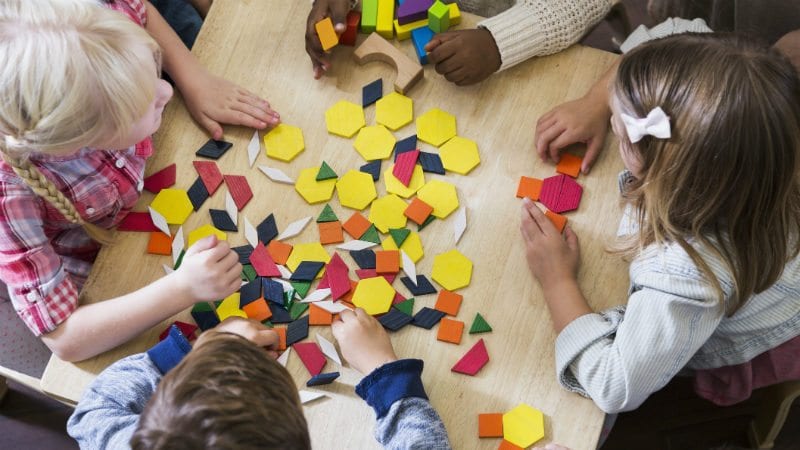Article 5: Small Group Instruction (Literacy) – EDEC 6099

Small group instruction is beneficial in ECE because it provides students with more modified and individualized instruction and teachers and students have a greater chance to interact with eachother. By doing small group literacy instruction teachers can provide their students with extensive assistance and feedback to improve their reading skills. Small group instruction is able to assist students with improving their reading fluency, encourages participation and learning to work well with others. When teachers do small group it allows them to focus on certain skills that are needed by each group of children. Small group instruction lines up with Vygotsky’s beliefs about children learn through being social, within these groups the students can not only talk to their peers, but they can also participate in hands on activities. In school when teachers are doing small group instruction word study can be integrated into the groups so students can practice how to use their prequiste word knowledge to decode words that are unfamiliar when they are reading. Providing small group instruction is a must because it gives students a chance to engage, create and problem solve independently, and overall progression with their reading abilities.
Reference:
Berg, H., Nabors, D., Simpson, C., Timme, K., Wilson, T. (2012) Small-Group Reading Instruction: Lessons From the Field: Dimensions of Early Childhood, 40(3).
Hyperlink: https://www.rcboe.org/cms/lib/GA01903614/Centricity/Domain/15500/Dimensions_Vol40_3_Wilson.pdf

